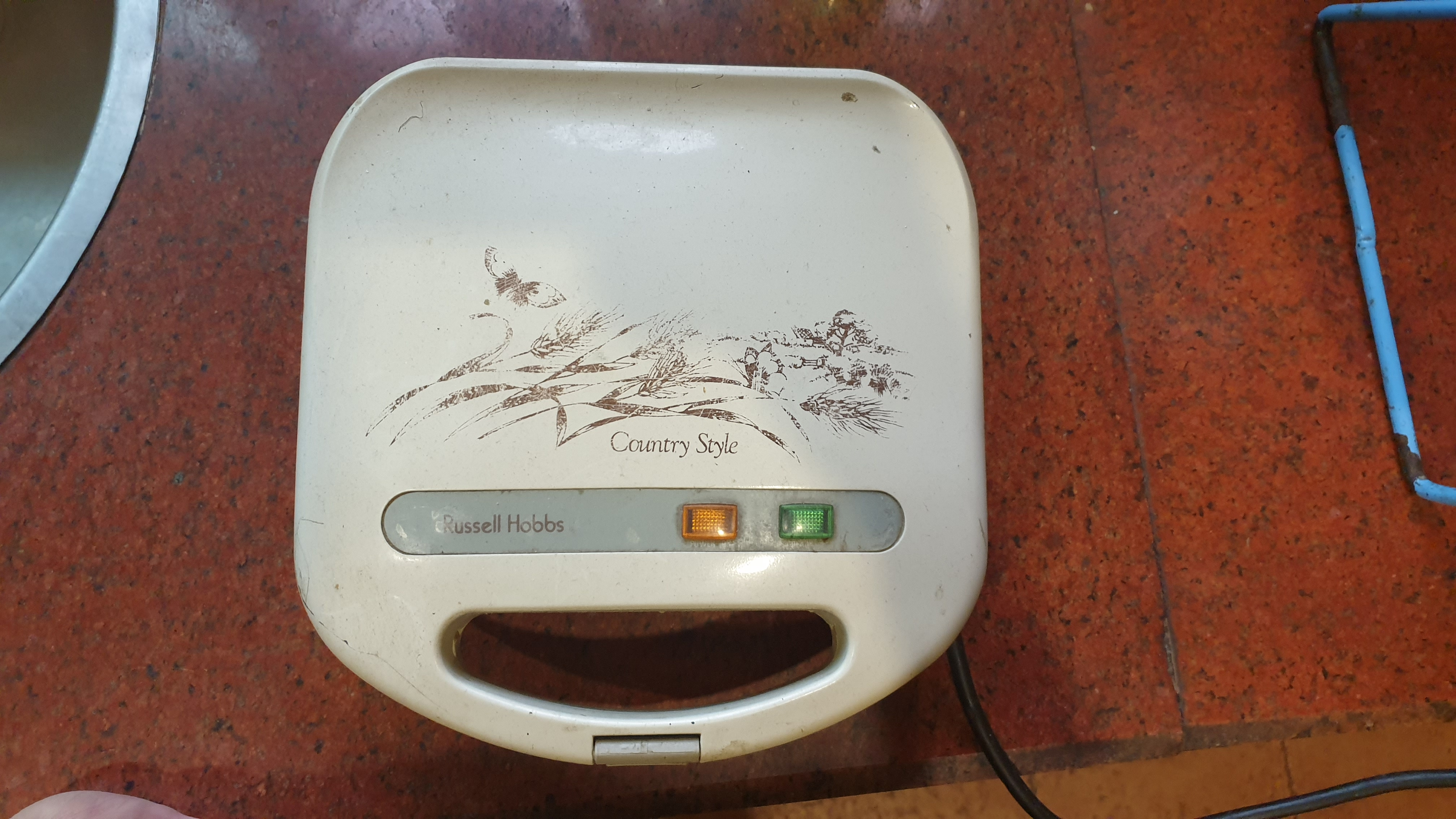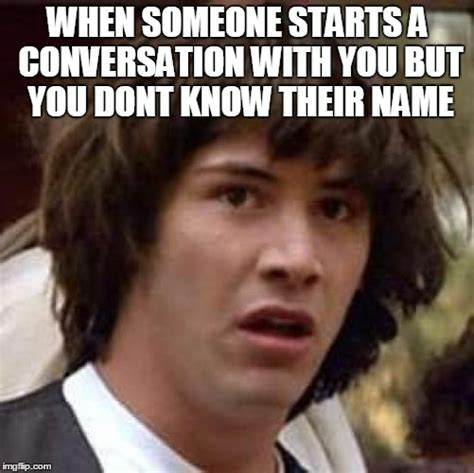The importance of a name
By Valerie Strauss
September 19, 2014
Here is a post by a Colorado teacher about what seems to be a simple observation about some students — that they don’t correct adults who mispronounce their names — but is really a nuanced look into the psyche of some students of color who live in poverty. This public school teacher blogs anonymously under the name Shakespeare’s Sister at Daily Kos, where this appeared. She teaches 11th grade AP Language and Composition in the Denver area.
By Shakespeare’s Sister
At the beginning of every school year, I try to learn all of my 11th graders’ names by the end of our first week together. A thing happens every year, though, when I am verifying pronunciations of student names.
This year, it happened with two male students whose names have two possible pronunciations. When I asked them for the correct pronunciation, they both responded, “Whatever is fine.”
When it happens, as it does every year, I look up from my roster, make eye contact, and say, “No, it’s not. It’s your name. Tell me how to say it.”
Every year but this year, I have glossed over this moment and just chalked it up to the nervousness of students new to my classroom. I am direct; sometimes, this intimidates my students until they get used to it. This year, though, in the wake of—most recently—Michael Brown and the fact that I am using the widespread coverage and discussion of his death to introduce the concept of rhetoric to my students, I paused.
My students have always been mostly brown and black. I can count the number of white students I’ve had using fingers and toes (and I still have some digits left over). My students live in poverty, and are underserved, underrepresented, disenfranchised…
But they do have their names.
As I pondered this on the way to work one morning, I remembered John Proctor in Arthur Miller’s “The Crucible.” Specifically, I remembered the absolute anguish of Daniel Day Lewis’s John Proctor from the movie version. Much is made, in literature classes, about Proctor’s refusal to allow Danforth and Parris to visibly show his name to the village as proof that he confessed.
Why do we crazy English teachers make such a big deal of it? Because it is an act of defiance, and perhaps pride, but at the same time a last grasp at moral fortitude, which ultimately costs John Proctor his life. The specific line that played on repeat in my head was:
PROCTOR: Because it is my name! Because I cannot have another in my life. Because I am not worth the dust on the feet of them that hang! How may I live without my name? I have given you my soul, leave me my name!
The connection may be a stretch for some to understand, but having spent my entire teaching career working to educate and empower students who refer to themselves as “ghetto,” “beaners,” “hoodrats,” or “wetbacks,” it resonates.
My students take a lot of pride in their families, their churches, and also their names. Many of them are named for other members of family. What I hate is that they can be so timid about correcting adults who mispronounce their names. Never, before this year, had I thought about the learned behavior that causes this.
Maybe it’s a cultural thing and they don’t want to correct a teacher?
Maybe it’s embarrassment that I pronounced it so poorly?
Maybe they’re just that scared of me already?
Maybe I’m overthinking it and they’ve just had their name mispronounced so much they don’t care anymore?
However, as I explored more and more sources about Mike Brown and Ferguson to use in my classroom, I began to develop a better understanding.
Maybe, it’s because of years of being treated like “the other,” from seeing, hearing, and learning from the experiences of people they know. From the experiences of people like them, they have learned to bow all too quickly to authority figures—even when it comes to how to properly pronounce a name…how to distinguish them from the other students around them.
Head down, don’t look.
Hands up, don’t shoot.
But I want my students to look up. I want them to realize that there are many people who see them and value them for who they are, just like many people saw and valued Mike Brown. I want them to know that people respect them, their culture, and their individuality. To know that their teachers are not colorblind, but that we SEE them—for their cultures, for their abilities, for their strengths and weaknesses, for their contributions to humanity. Most importantly, I want my students to know that I respect them for the whole person they are, including their beautiful names that are sometimes difficult to pronounce.













